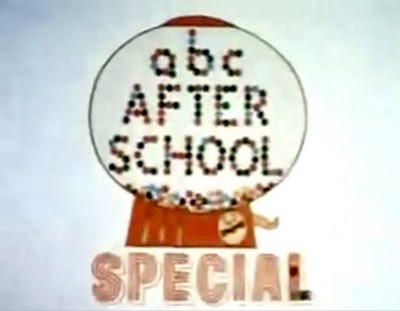Why bother composing?
Jeffrey Parola sounds kinda bummed in his latest blog post. He outlines the all too familiar plight of the contemporary concert music composer (no appreciation, money, and little hope of either). He then earnestly asks: Why do we bother?
In my mind the answer is simple. Creation of music that didn’t exist before HAS to be its own reward, devoid of compensation, recognition, or praise. If that drive for creation for its own sake doesn’t exist, I might humbly suggest that a composer should just stop.
Praise is nice, and earning a living doing something that you love is great, but just because you love something doesn’t mean you can make a living at it. And just because you wrote something doesn’t mean anyone should care. Money and acknowledgement have to be secondary concerns for a composer.
Of course we should try to capitalize on our work. Self-promote, market, try to get people to listen, care, and support . But that’s not WHY you should write. You write because no one else will create the things that you will create. And ideally you will love what you’ve written so much that promotion will be easy and enthusiasm will be contagious. But even if it’s not, you should like what you’ve created so much that even if no one else seems to care, it was worth the effort.
Perhaps that sounds kinda glib and self evident. But there’s a real nugget in there. A composer should think about the music they love and why they love it. They should think about how they feel when they listen to it. Then they should listen to their own music, and if they don’t feel similarly, maybe they’re doing something wrong. After all, if you don’t love listening to your own work passionately, why should anyone else?
And if you DO love listening to your own work, what else do you really need? Perhaps money and adulation will follow, perhaps it won’t. But you’ve made music that you love and that you love to hear. Strive for those things that we associate with success, but don’t let those goals ever be mistaken for the real reason you write music.
(By the way, you should listen Jeffrey’s work. It’s some really lovely stuff. All of it. And then maybe go write some of your own.)
| leave a comment |


